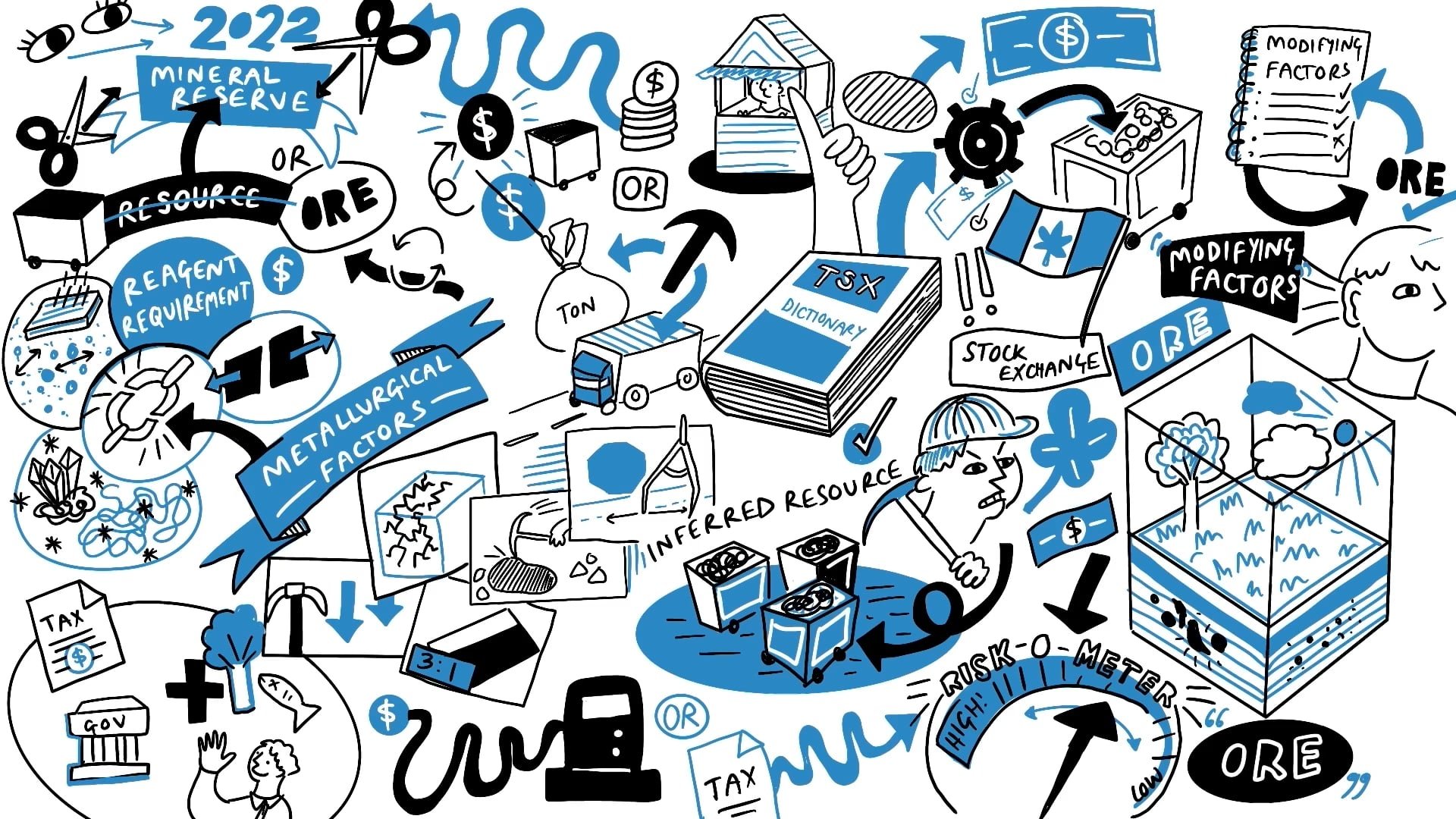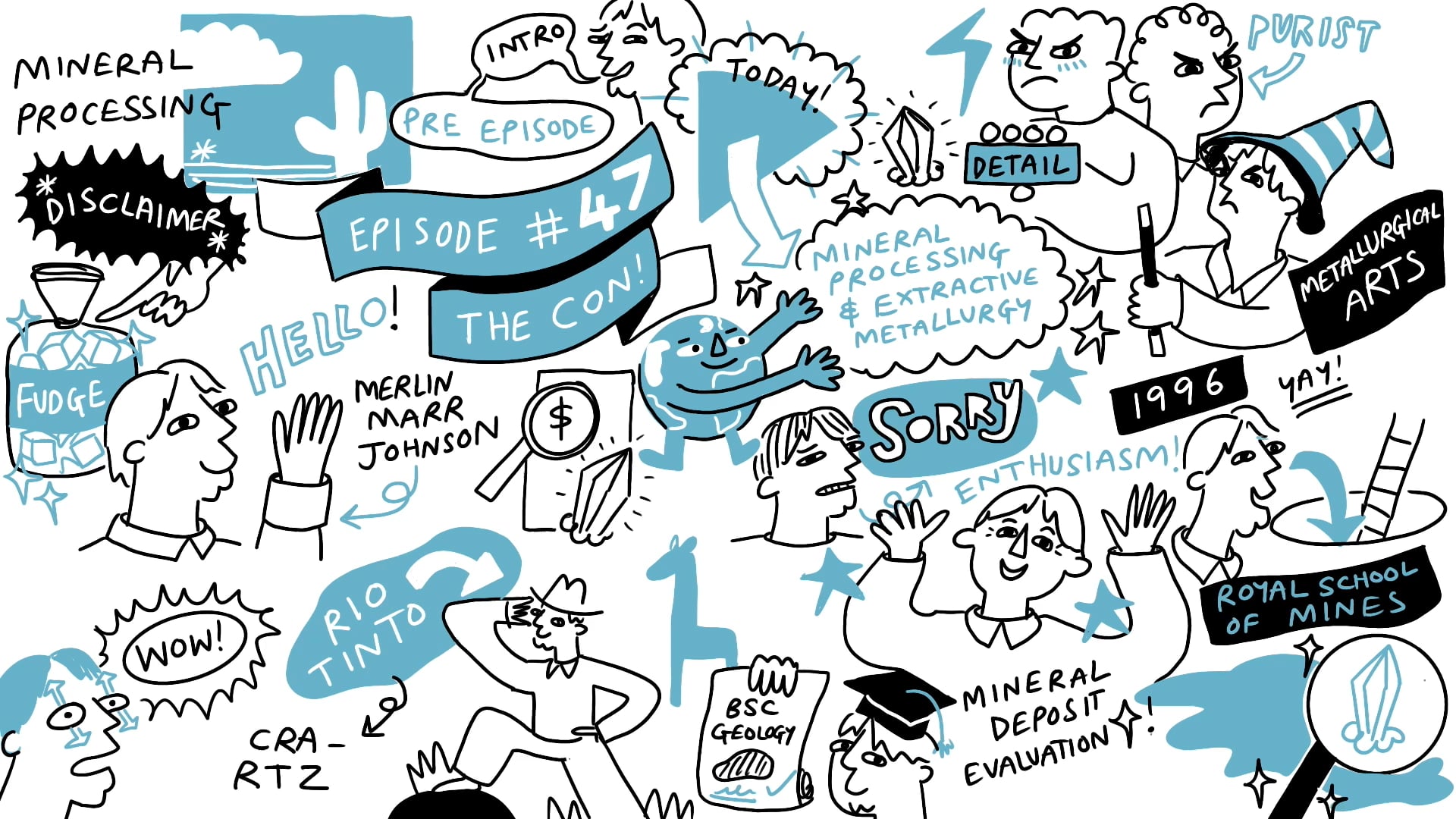Strategy: Conclusions

More episodes
Transcript
It's really important as a retail investor to ask first of all, does your company have a clear strategy and does it know how it's going to make money for shareholders? Is it a developer? If it is, is it making progress towards its goal in a reasonable timeframe? Has it got the internal organization and the progress to really confirm it? Is it an explorer? If so, how is it going to make money for shareholders?
The project generator model. In this scenario, management really needs to articulate clearly to shareholders how it's going to make money. At this point, it's highly important to be aware of your own confirmation bias. Try not to go into that interrogation wanting to hear an answer that suits your own previous investment ideas. Actually, look at it really carefully. Some of the things to look out for are, is the company offering dividends? If it is, question, is it really offering dividends? Is it in harvest mode only?
If not, where is it going to get the capital from? Does the C-suite truly understand how they're going to create value? I would advise, watch out for the miner versus the explorer mentality. In some ways, these things are incompatible. It's very hard to capture both the exploration side of the business and the miner side of the business within one philosophy, within one company. Many companies will say that they're good explorers and they can produce. B2 Gold, for example, always used to say that they were both brilliant at exploration and very good at mining. In fact, they tend to buy their assets more or less ready-made. That's not a criticism of B2, but it illustrates the philosophies, the mentality of exploration and development are actually quite different, or not development, but operations. These are quite separate. Another thing to remember is that very few assets will actually make it. You also need to understand the Lassonde curve and to understand at what stage you're investing.
I'd repeat that many retail investors fall in love with their stocks and you've got to be disciplined. If you're going to ride an expiration story, ride that part of the curve for one to two years and then top slice or sell out completely or retain your original position. But don't expect continued growth that you've just experienced because you're in a different part of the investment cycle now. Make sure that if you love the stock and you want to stay with it, keep a toe hold, but sell some or the majority of your position.
Exploration can be great, but companies are often very immature. Some companies will struggle with that maturation transition, follow the management and see if they're actually talking the language and walking the walk of growing up. If you are a developer, keep an eye out for that market cap versus CapEx figure. Beware of companies that have a tiny market cap relative to a large CapEx. If you're looking at producers and they've got small scale production, well, generally avoid those.
Instead, go with experienced teams only, and when it comes to production, and in very few cases, small production rarely turns into big production. So if they're talking about developing a small mine so they can go to the big mine, avoid, it can happen, but in most cases it can't. Thank you very much.









































.jpg)
.jpg)
.jpg)
.jpg)















